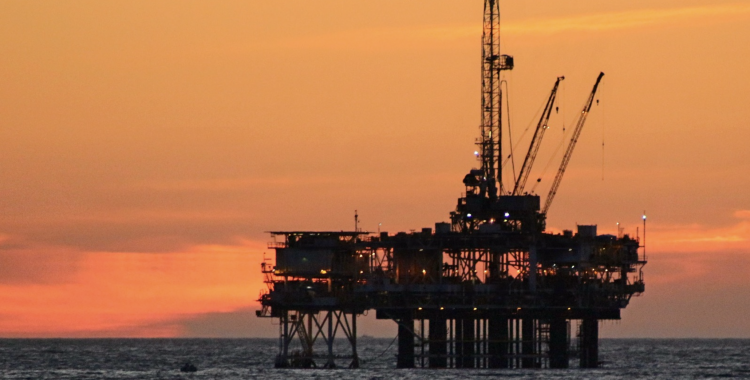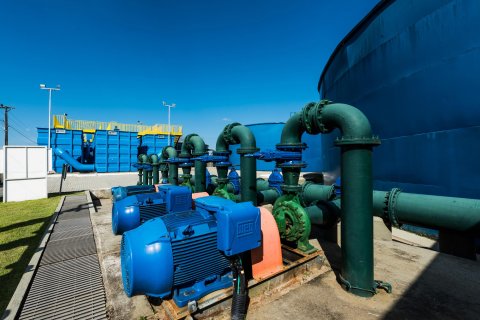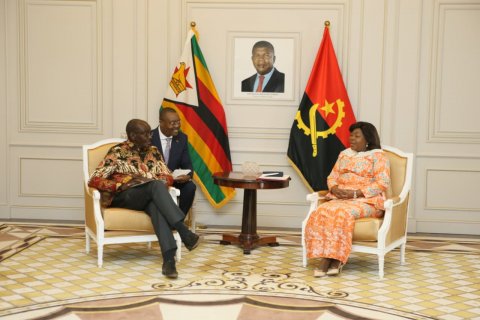"Including the reduction and phasing out of fossil fuels and the phasing out of fossil fuel subsidies is contrary to the principles of the Paris Agreement," said the head of the Iraqi delegation, quoted by the French news agency, France-Presse (AFP), adding that "this would disrupt the global economy and increase inequalities in the world".
In the same sense, Saudi Arabia defended that its "perspectives and concerns" and those of oil and gas producers must be taken into account in the negotiations that are taking place in the final stretch of the United Nations Conference on Climate Change (COP28), which takes place in Dubai.
The 194 countries and the European Union involved in the Dubai negotiations must "address the reduction of greenhouse gas emissions, accelerate the development of all low-carbon technologies, but also take into account" the "perspectives and concerns" of Saudi Arabia, highlighted the Saudi representative during a "majlis', a Muslim tradition called by the president of the United Arab Emirates at COP28, Sultan Al Jaber, which consists of bringing together the countries' representatives in a circle and on an equal footing.
For Saudi Arabia and Iraq, two of the world's largest oil producers, there are "constant political attempts to target certain energy sectors, but each time science, common sense and principles have prevailed", he said with satisfaction, according to AFP.
Two days before the expected end of the negotiations, the president of COP28, who is also the director of the national oil company of the United Arab Emirates, another of the main oil producers in the world, hoped to resolve the points of friction, starting with discussions on the fate of oil, coal and gas.
Also this Sunday, the Organization of Petroleum Exporting Countries (OPEC) said it was not opposed to a text that mentioned the reduction or end of fossil fuels, as long as a deadline is not stipulated, because that would be unrealistic.
According to the Spanish news agency, Efe, which cites an OPEC source in the negotiations, the oil exporting countries, which include Portuguese-speaking Angola and Equatorial Guinea, stressed that "demand continues to grow" and added: "Ask the countries that buy oil because, we are not the ones who tell them to buy, we do not force them, we only provide what they ask for".
In the conversation with Efe to present the point of view of oil producers, this OPEC source recalled the European Union's hesitations in setting a date for the end of diesel and gasoline vehicles, and highlighted that fossil fuels are not just for vehicles, but also to feed the petrochemical industry, which feeds the entire pharmaceutical industry.
OPEC brings together producing countries that hold almost 80 percent of oil reserves and includes Saudi Arabia, Algeria, Angola, Republic of Congo, United Arab Emirates, Equatorial Guinea, Gabon, Iran, Iraq, Kuwait, Libya, Nigeria and Venezuela , having pumped, between 1993 and 2022, more than 40 percent of total world production, according to the OPEC website.







